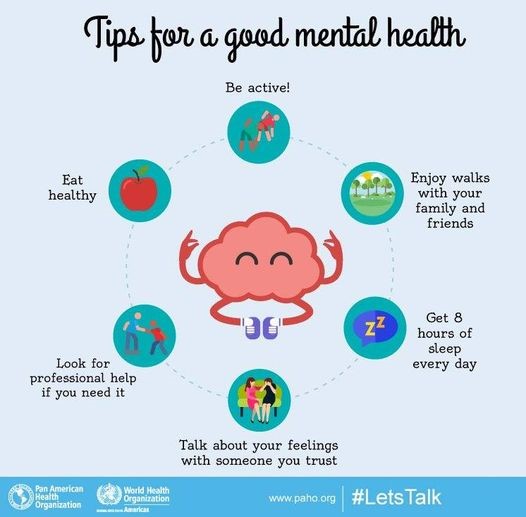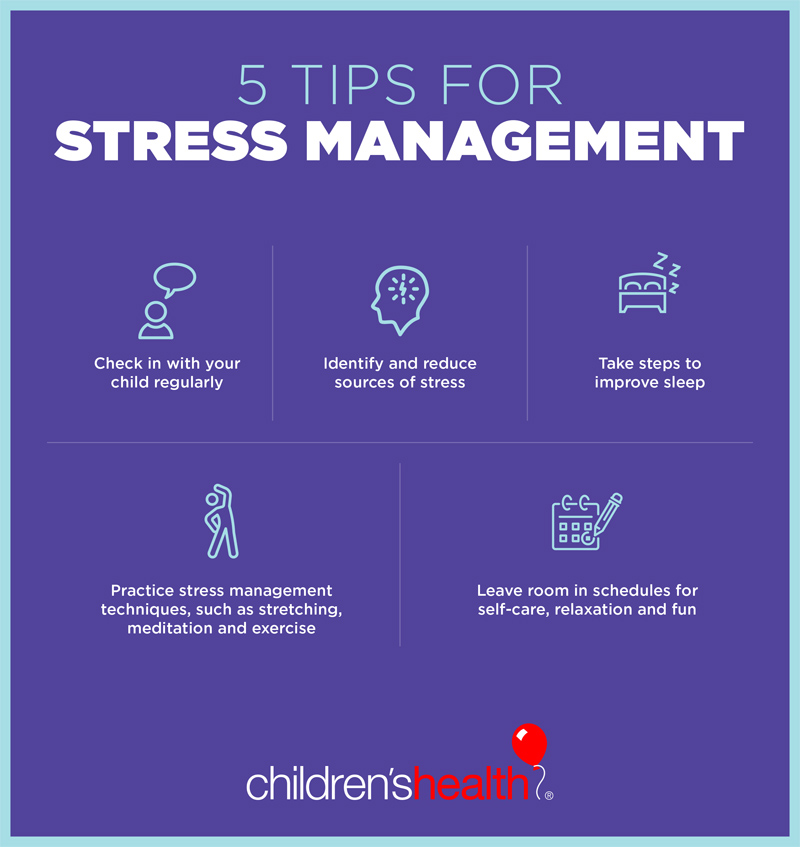Stay Healthy While Teaching English Online With These 10 Essential Tips
Teaching English online generally means that you are working from the comfort of your home and don’t need to leave the house at all. Even though this sounds rewarding and dreamy, it can be both mentally and physically taxing. As an English teacher, it is crucial to prioritize your health and well-being to ensure you can perform at your best in the classroom. Read on to explore ten essential tips to help you stay healthy while teaching English, allowing you to thrive in your career and maintain a balanced lifestyle.
Top 10 Tips To Prioritize Your Health While Working Online

Take a look at the 9 ways to make online teaching happy and fun without allowing it to take a toll on your mental and physical health:
- Set Up A Designated Workspace
Develop a space in your home to dedicate it to work. Ensure that it is solely designed and designated for your online class to ensure that it feels like a classroom even when you are working from home. Make sure that all of your teaching materials are always readily available so that you don’t have to run halfway across your home to find them at the time of teaching. Establish a working mindset when you are in that space to achieve the best results.
- Establish a Consistent Sleep Schedule
Maintaining a regular sleep pattern is vital for your overall health. Aim to sleep for seven to eight hours each night. Establish a bedtime routine that helps you unwind and relax, such as reading a book or listening to calming music. Avoid using electronic devices and screen time before bed, as they can disrupt your sleep patterns.
- Prioritize Healthy Nutrition
A well-balanced diet is essential for energy, focus, and overall well-being. Include a variety of fruits, vegetables, whole grains, lean proteins, and healthy fats in your diet. Plan your meals and snacks in advance to avoid relying on unhealthy options or skipping meals. Drink plenty of water throughout the day to stay hydrated.
- Stay Physically Active
Teaching can involve long hours of standing or sitting, making regular exercise crucial. Incorporate physical activity into your routine, such as walking, jogging, cycling, or attending fitness classes. Aim for at least 30 minutes of moderate-intensity exercise most days of the week to improve cardiovascular health and reduce stress.
- Practice Stress Management Techniques

Source: childrens.com Teaching can be stressful at times, so it's important to have effective stress management techniques. Engage in activities, such as meditation, deep breathing exercises, yoga, or hobbies you enjoy that will help you relax and unwind. Find healthy ways to cope with stress to prevent it from negatively impacting your well-being.
- Take Breaks and Reset
Teaching often involves a busy schedule, but it's essential to take regular breaks and rest when needed. Avoid overworking yourself and remember to recharge. Use your breaks to stretch, take a short walk, or engage in activities that rejuvenate your mind and body. Adequate rest is crucial for maintaining focus and preventing burnout.
- Maintain Proper Posture
As a teacher, you spend a significant portion of your day standing or sitting. Be mindful of your posture to prevent discomfort and potential long-term health issues. Maintain a straight back, align your shoulders with your ears, and use supportive chairs or standing desks if possible. Regularly stretch and strengthen your core muscles to improve posture.
- Foster Healthy Relationships
Nurturing positive relationships with colleagues, students, and friends can significantly impact your overall well-being. Seek support from your fellow teachers, connect with other English educators, and engage in social activities outside of work. A strong support system can provide emotional support and help you manage stress effectively.
- Ditch The Caffeine
An average coffee drinker consumes around 3.2 cups of coffee per day. It is pretty easy to make a pot of coffee in the morning and gradually make your way throughout the day and sip it especially when you experience immense fatigue. However, too much caffeine in your system will just leave you craving for more and you will rely on it to wake yourself up. Therefore, cutting back on caffeine will help you stay healthy and you can incorporate other ways to stay awake throughout the day like green tea, coconut water, Earl Grey tea or English breakfast tea, etc.
- Set Boundaries
Maintain a healthy work-life balance for your overall well-being. Establish crystal clear boundaries between personal life and work and avoid working after logout hours. Have a shutdown ritual to unwind and avoid bringing work-related stress home and carve out time for relaxation, hobbies, and spending time with loved ones. Remember that self-care is vital for your long-term health and job satisfaction.
Incorporate Small Changes To Make It Count
Every teacher experiences bad days and negative feelings regardless of whether you are a newbie with just a TEFL certification or a veteran with a Master of Arts in Education with TESOL. Additionally, prioritizing health is never about feeling bad for your emotions but finding a way to work through it to increase positive moments. Follow these tips to make small changes in your work routine to make your days run smoothly and seamlessly.
Find the right course for you and try out the course. Call us at 1800–212–6400. You can also mail us at act@asiancollegeofteachers.com




